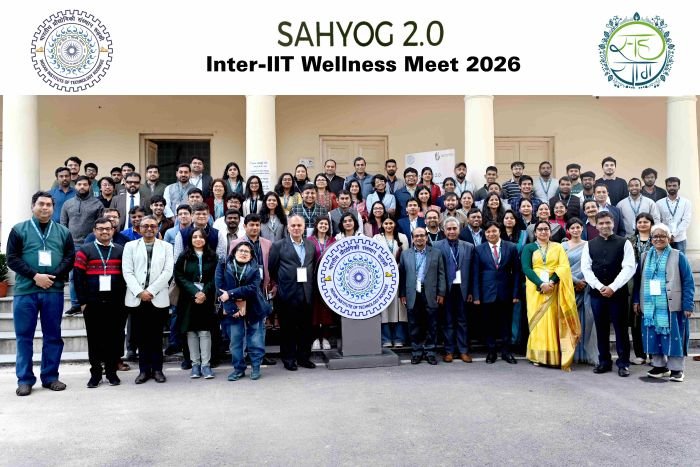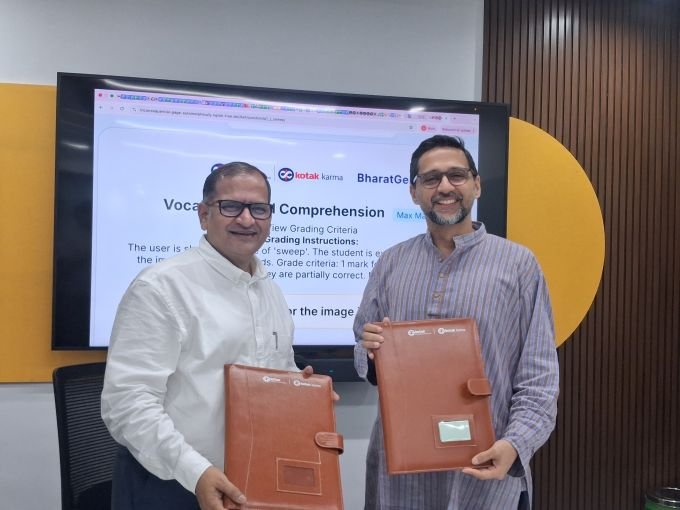

Dr. Himanshu Sharma, Principal (Acadmics), Him Academic Public School, Hamirpur (H.P.)
IN INDIAN context, whereas all governments have been pledging and working to strengthen the education policies for the terms of their power, there has been a rare evidence of these policies being translated into practice. On the positive side, over the last six decades, there has been considerable expansion in educational facilities all over the country at all levels. But on the negative side, there has been a conspicuous furor over poor quality of education and lower levels of student learning outcomes as testified by, Annual Status of Education Report (ASER), National Achievement Survey of the NCERT and the reports of PISA test of OECD from time to time. The school heads and politicians often cite continuous and comprehensive evaluation (CCE) and no detention policy as the two main reasons behind poor results. These policies are being criticized by school heads, teachers and parents for promoting lack of seriousness and competitive spirit among students. Governments in some states are proposing to scrap CCE and introduce external examinations in grade 5 and grade 8 as a way out to improve the quality of education. What could be more ironical than misunderstanding the ideologies of education policies by its stakeholders?
The chance of any policy improving teaching and student learning is remote unless the school leaders and the teachers design, develop and deliver means to make it work. The success of CCE and RTE depends on the response of its stakeholders especially the school leaders who are pivotal in translating policies into everyday practice. These policies advocate the need for decentralized educational management. This means that the school leaders need to exercise instructional leadership. It is a leadership style that puts emphasis on controlling and managing the classroom instructional practices of the teachers so that the students learn. This implies that the school leaders need to involve themselves in setting clear academic goals, providing resources for teaching, managing the curriculum, monitoring lesson plans, and having an appraisal system for teachers. In other words as instructional leaders they need to know and improve what is happening in the classroom.
A number of educational research studies in the past decade provide sufficient evidence to support the belief that instructional leadership is crucial for improving the quality of schools and student learning. An extensive review of the literature by Leithwood et al. (2004) at the Wallace Foundation, NY claimed that instructional leadership is second only to the classroom instruction among the school related factors influencing student learning. Though the role of school principal as instructional leader is widely advocated a priori, it is seldom practised. In most schools in India, principal is too preoccupied with administrative and managerial duties and devotes almost negligible time for monitoring classroom instruction. The responsibility of meeting the targets of student learning is left to the ability, expertise and will of the classroom teacher.
In my opinion, the manifestations of education development agenda reforms such as RTE and CCE are extensively sound and competitive for developing a world class education system in India. The need of the hour is to work out strategies for their proper implementation. Instead of simply blaming various stakeholders (students, parents, teachers and principals) for their lack of efforts/ interest shown to improve learning, school leaders should be made responsible and accountable for the day to day teaching practices of the teachers. Another important aspect that needs to be considered while implementing education policies is the variable learning capability of the learners. Differentiated or capability based instructional strategies need to be planned so as to enable all students achieve a basic or minimum learning level.Failure of teachers to use teaching instructions and assessments formatively reflects the drawback of our own systems, rather than an unwillingness of teachers to improve or change their teaching.
Similarly, instead of pressing the need of stressful external examinations at grade 5 and grade 8, government should introduce external assessments in literacy, numeracy and other well thought of cognitive competencies at grade 3, grade 5, grade 7, grade 9 and grade 11. However, the purpose of these assessments should be to assess the instructional effectiveness of teachers and not to pass or fail the students. These external assessments should be conducted in addition to the routine school based assessments. The results of these assessments should be shared with all stakeholders as an evidence of instructional performance of school leaders and teachers. This will really help in making the schools accountable for student learning.
All the more, there is nothing wrong in the no detention policy corroborated by RTE act. It is also mistakenly thought that every child needs to be promoted whether he/she learns or not. The implementation of RTE demands that the teacher should get clues on student learning while the teaching is going on so that she is able to act upon timely to enhance learning, especially where students are facing difficulties and where they need special help. In this way, the situation of the student ‘failing’ at the end of a term would not arise.
One way of making teachers responsible for the students’ results by the government is to give the threat of holding increments and other benefits. A better way could be to make school leaders accountable for promoting good classroom instructional practices and work culture among the teachers. In addition to this, promotional avenues should be created for teachers based on their student centered instructional practices as most of the teachers in schools retire as teachers only.
The educational officers such as director, deputy director, block education officer, principals and headmasters should also function as instructional leaders and not only as administrative officers. These leaders should ensure that the quality of day to day instructional practices of the teachers should not deteriorate. So, to improve the quality in education, either the school leaders should be trained in the roles of instructional leaders or a separate hierarchical cadre of instructional leaders may be created in schools. This will ultimately enable implementation of RTE and CCE in their true spirit.






